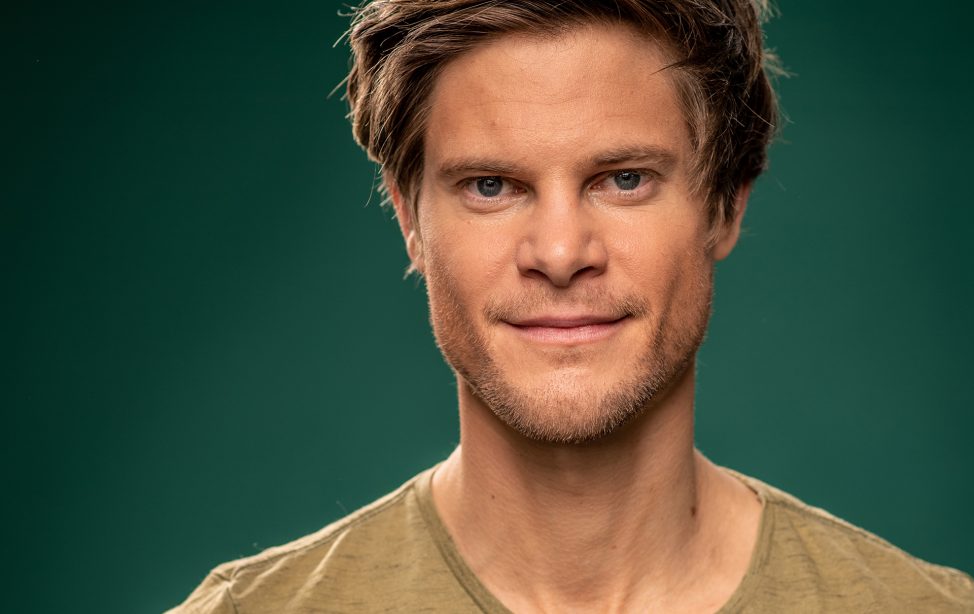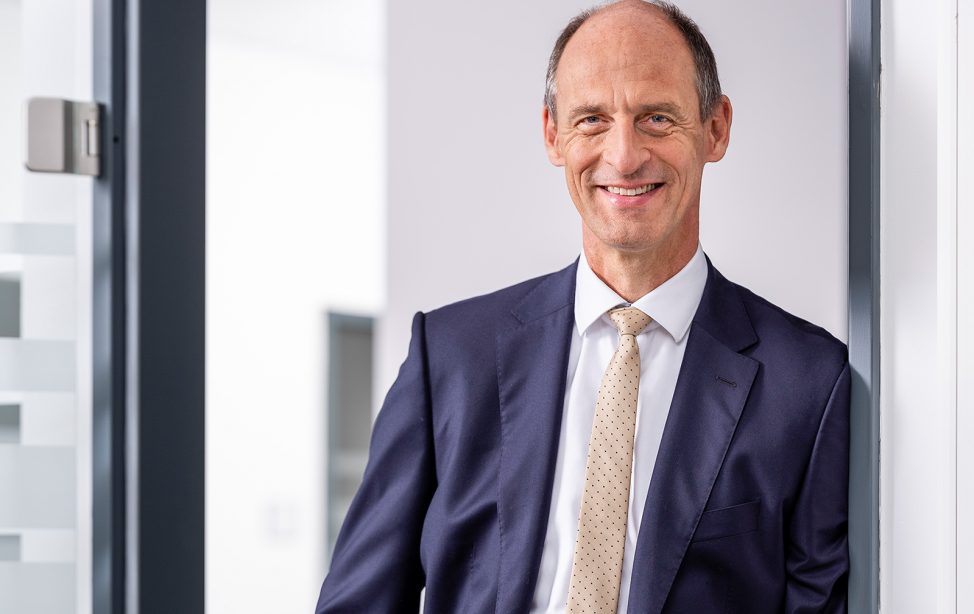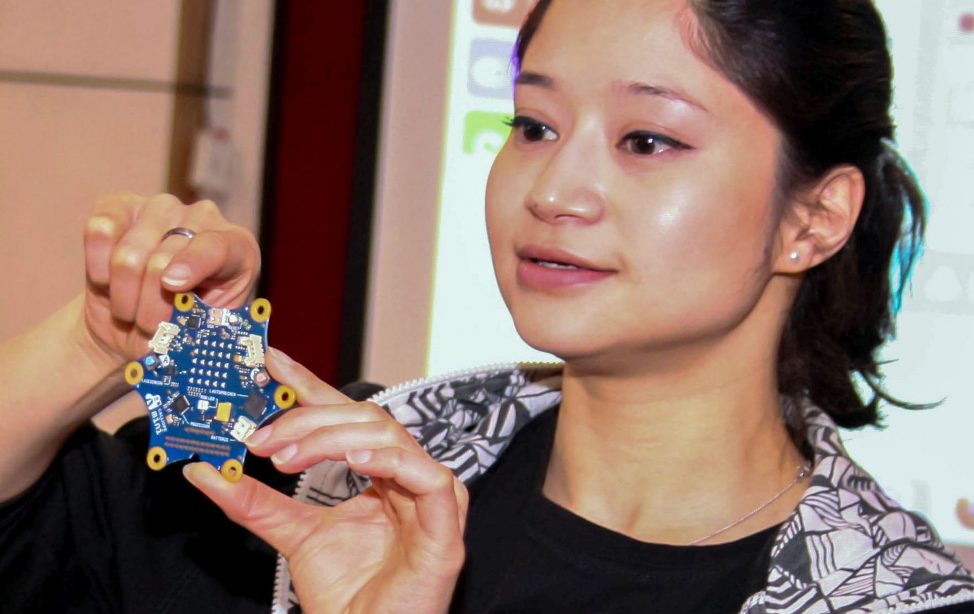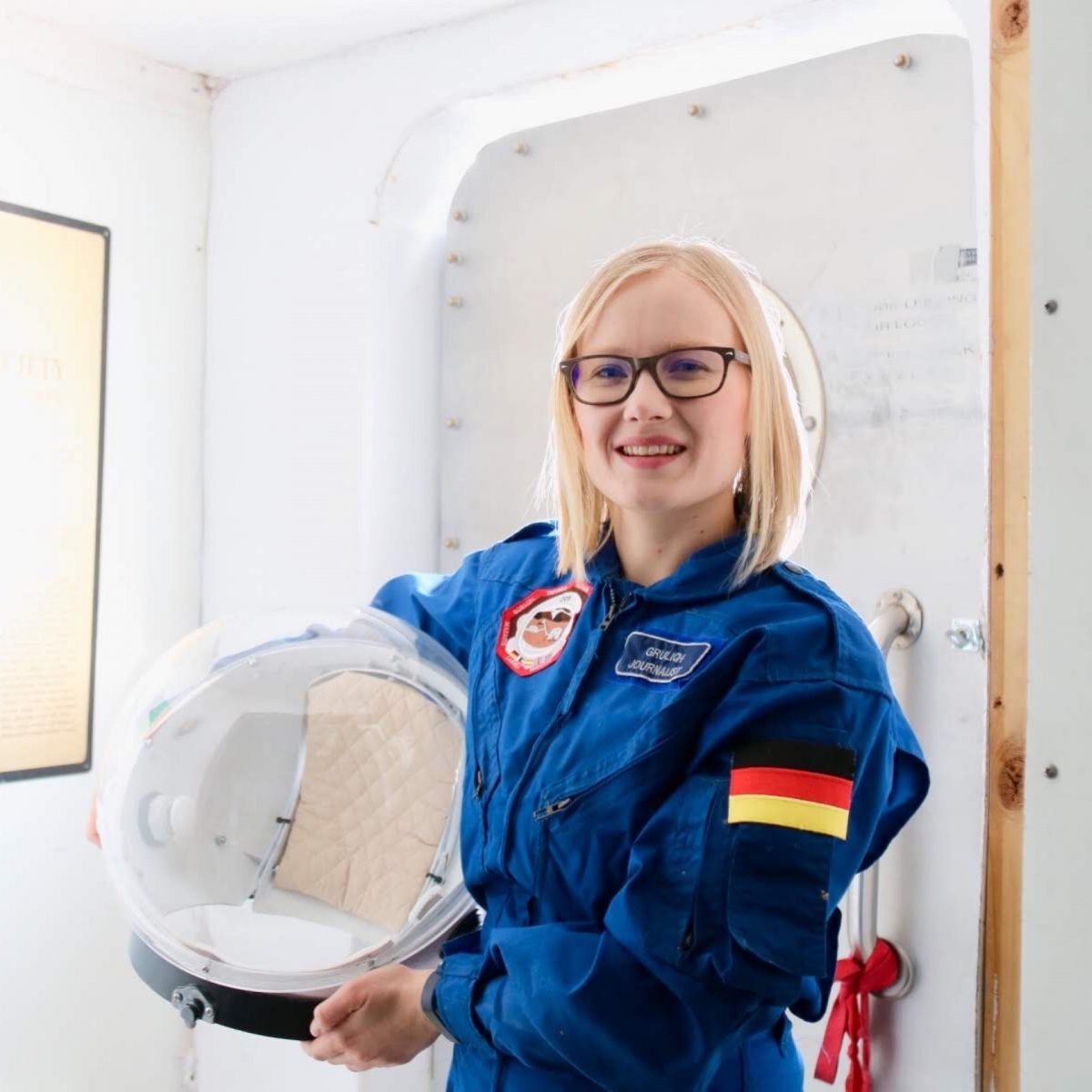
At TUM one of Maria Grulich's former professors was an astronaut. Now she herself is well on the way to this career (Image: private).
Good Mood on Mars
Just recently, the young aerospace engineer was able to experience the extent to which space travel can overcome borders – geographical, cultural and interpersonal ones – on her first mission to “Mars”, a so-called analogue simulation. Together with seven students and young professionals from America, Spain, Great Britain, Kuwait and Germany, she spent two weeks in close quarters at the Mars Desert Research Station (MDRS) in the desert of Utah. The research station of the non-profit Mars Society simulates life and work on Mars as realistically as possible. These field tests are to prepare actual missions to the Red Planet in the best possible way.
Planetary exploration tours are part of the programme for the simulated Mars missions. Taking soil samples in a heavy and bulky space suit was a lot more strenuous than Maria Grulich expected (Image: Natalia Larrea).
At TUM I have acquired the necessary stamina to reach my goal.
A High-Flyer on Earth, Too
For Maria Grulich the human factor is not only important on Mars. Even during her studies of Aerospace Engineering at TUM she placed particular emphasis on good interpersonal relationships and lively professional exchange with students from all over the world. She is eager to put what she has learnt at TUM into practice. In the Scientific Workgroup for Rocketry and Spaceflight WARR she worked on the mechanical design of a 1U CubeSat, a small satellite developed at TUM. And while still a student, she developed a rocket experiment for the German Aerospace Center (DLR) and the Swedish National Space Agency as part of the REXUS project, which flew into the thermosphere in 2015.
As soon as she completed her studies in 2016, Maria Grulich was awarded one of the coveted trainee positions at the European Space Research and Technology Centre of the European Space Agency ESA in Noordwijk, the Netherlands. She is currently working at DLR in Cologne and, as an operations engineer, is responsible for maintenance and experimental procedures for the payloads (BIOLAB and MSL) in the ESA Columbus Space Laboratory. Obviously, Maria Grulich also wants to travel to the far reaches of space herself. In 2020 she will apply to ESA as an astronaut. In TUM professor Ulrich Hans Walter, a former scientific astronaut on board of the Columbia orbiter, and TUM Alumna and ESA astronaut Samantha Cristoforetti, Maria Grulich has found two of the best role models for this career. “Space is my passion,” she says, “At TUM I gained the stamina I need to achieve my goal. I never give up and am going my own way.”
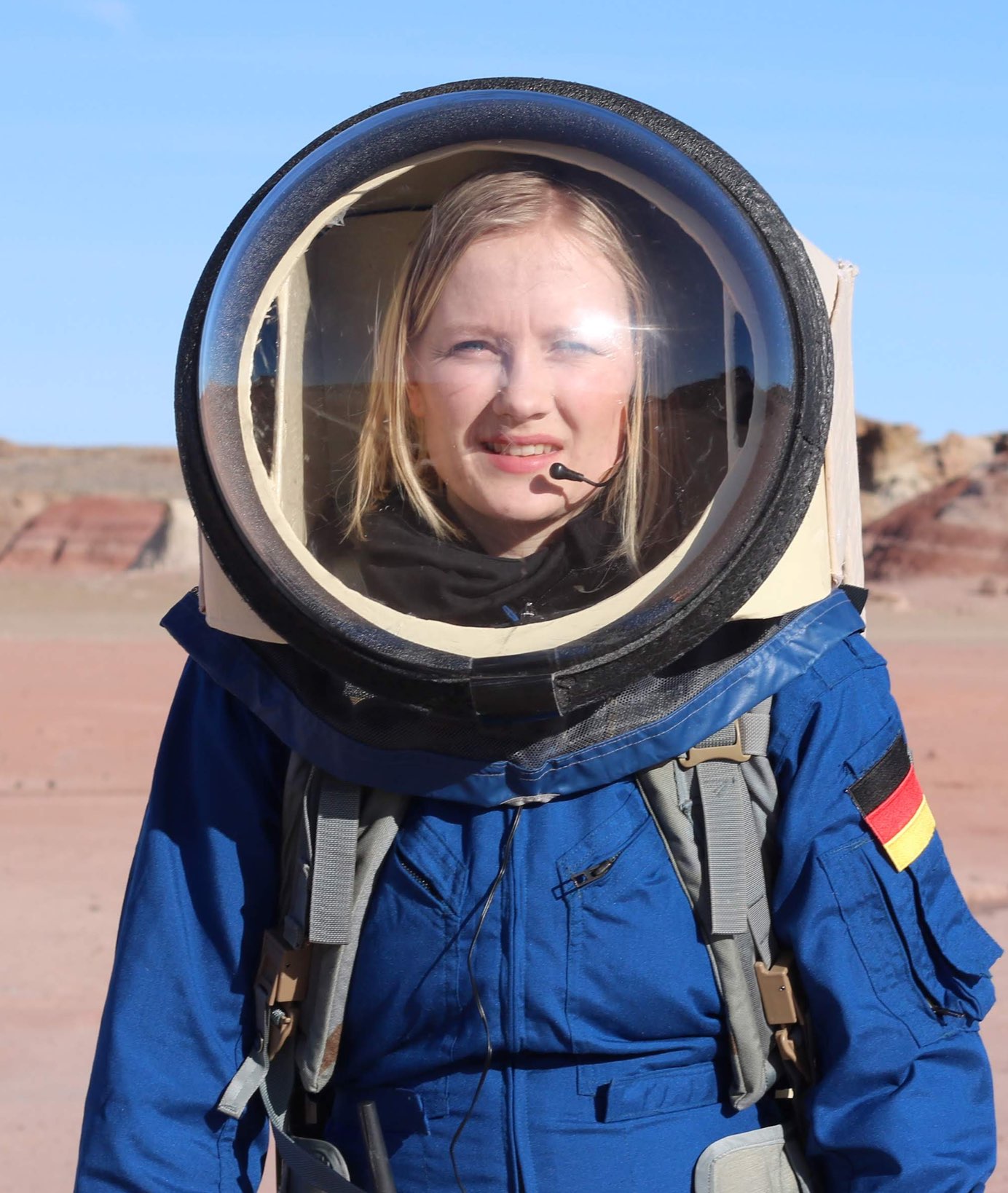
Maria Grulich (Image: Natalia Larrea).
Master Aerospace Engineering 2016
To study Aerospace Engineering, Maria Grulich moved from Hanover to Munich. She spent her semester abroad at the Institut Supérieur de l’Aéronautique et de l’Espace in Toulouse and wrote her master’s thesis at the Florida Institute of Technology in the USA. For her ambitious research she received funding from the Walther Blohm Foundation and the DLR scholarship. Since 2018 she has been working at the German Aerospace Center in Cologne and, as an operations engineer, is responsible for maintenance and experimental procedures at the ESA Columbus Space Laboratory.
Maria Grulich is a member of the German Aerospace Society and the WIA Woman in Aerospace. As scholarship coordinator she is involved in the Space Generation Advisory Council. Maria Grulich also likes to push boundaries in her free time – on her motorcycle or on her travels to foreign countries.
As a member of the International Emerging Space Leaders Crew, Maria Grulich spent two weeks at a desert research station in Utah, USA, to simulate the living and research conditions on Mars. Interested groups of TUM students who would like to conduct their own experiments there may contact Maria Grulich here with their questions and suggestions for small Mars missions. Please send an e-mail to alumniundcareer@tum.de.
